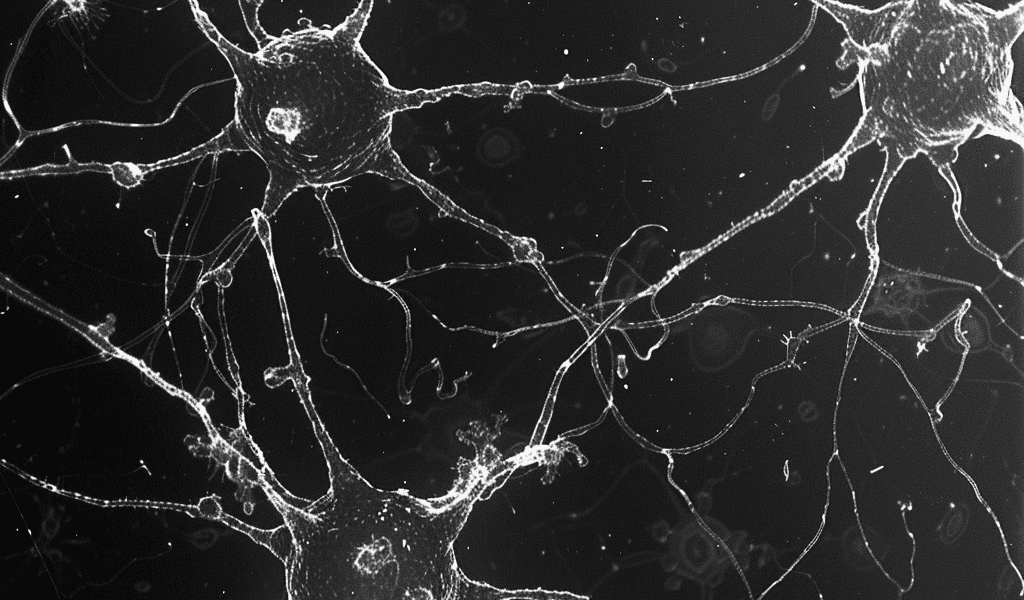Recent research has uncovered a potential link between schizophrenia and aging, shedding light on a common biological basis for cognitive decline in both conditions. A new study published in Nature, titled “>A concerted neuron-astrocyte program declines in aging and schizophrenia,” conducted by scientists at the Broad Institute, Harvard Medical School, and other institutions, suggests that coordinated changes in gene expression activity in neurons and astrocytes could be the key.
The study focuses on the Synaptic Neuron and Astrocyte Program (SNAP), where synapses and neurons adjust their expression in a coordinated way. It was found that reduced SNAP activity appears to play a role in aging and schizophrenia, indicating its potential as a target for therapies and interventions to treat cognitive impairment in schizophrenia and preserve cognitive capabilities in the elderly.
Steve McCarroll, PhD, director of genomic neurobiology at the Broad’s center for psychiatric research and a senior author on the study, emphasized the importance of recognizing the larger system at play in brain tissue, where cell types are not acting as independent entities but are closely coordinated. The study analyzed postmortem brain tissue from 191 donors aged 22–97 years, revealing that both astrocytes and neurons lowered their expression of genes that support synapses in a synchronized way in the elderly and people with schizophrenia.
Using single-nucleus RNA sequencing, the scientists analyzed gene expression in brain cells from 94 people with schizophrenia and 97 people without the condition. They also developed a computational tool to recognize and capture repeated multicellular gene expression patterns in the data. The study’s findings provide valuable insights into the potential biological underpinnings of cognitive decline in schizophrenia and aging, offering hope for future targeted interventions and therapies.





